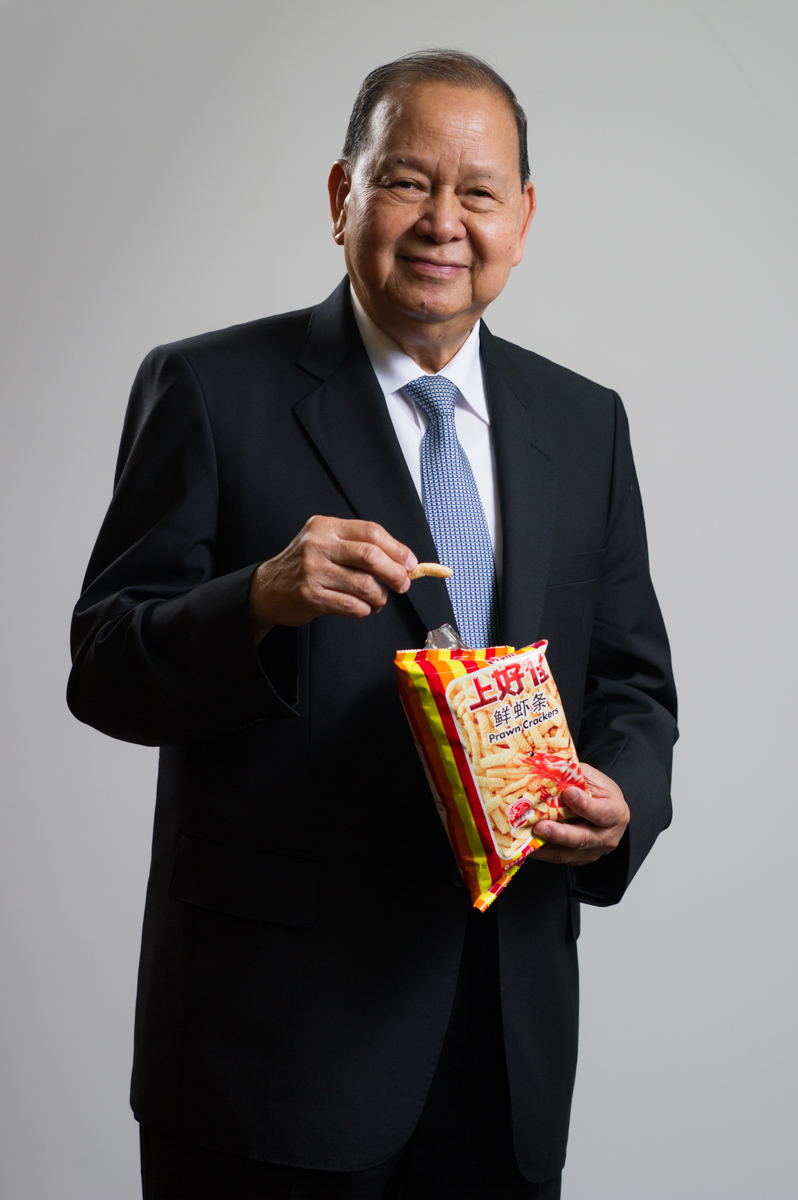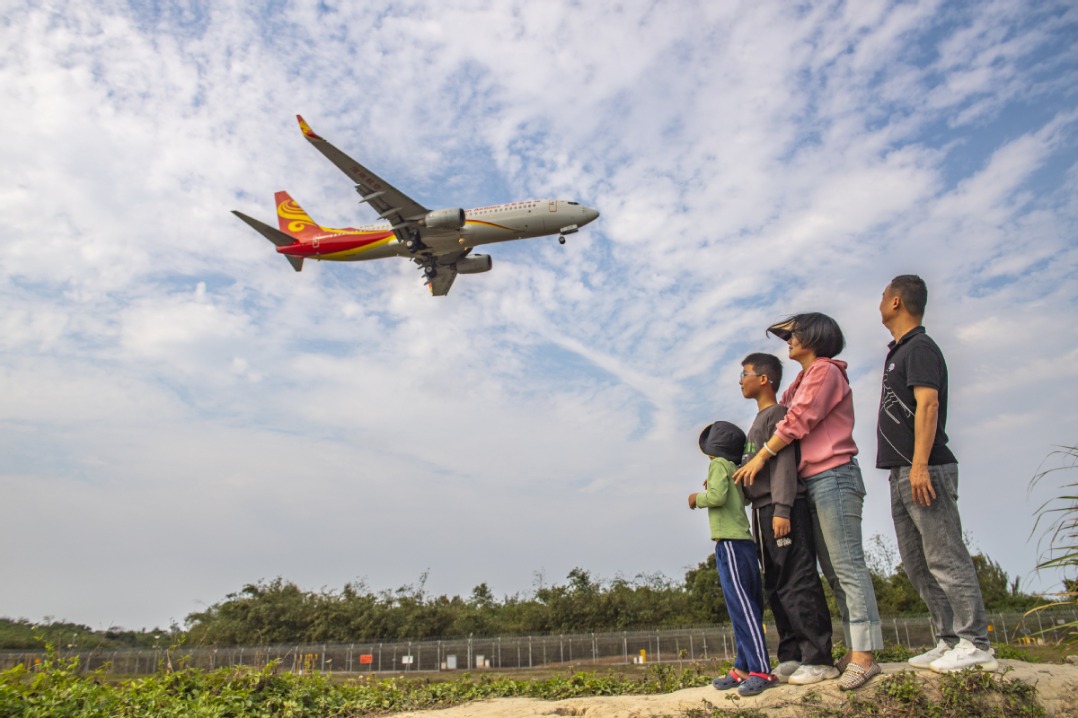Oishi: The filipino snack giant that won the hearts and stomachs of Chinese patrons


It's hard to walk through a convenience store or a large supermarket in many cities in China and not spot Oishi potato chips and snacks asking for your attention. Today, Oishi is one of China's iconic brands, sold by more than 1500 distributors throughout the country. The story behind Oishi is also a remarkable tale of how China's reform and opening-up policy drew foreign investment to the country.
Oishi Shanghaojia is an offshoot of the Oishi brand in the Philippines, which is owned by the Liwayway Group. It was brought to China by Chinese Filipino Carlos Chan.
Humble beginnings
What is now one of Asia's leading food multinational corporations began life in 1946, when Chan was age 5. His parents, immigrants from South China's Fujian province, founded Liwayway Marketing Corp in Manila, capital of the Philippines. The company started by repackaging products such as coffee and cornstarch. Then it began producing goods for the local snack market.
In 1974 Liwayway bought a Japanese food-processing machine and began making prawn crackers and flakes, which it marketed under the brand name Oishi, the Japanese word for "tasty", making the company a market leader in the local industry.
Forging a lasting friendship between China and the Philippines
Shanghai in the early 1990s opened its doors to foreign investors, including those that would produce for the domestic market. The policy move was part of Deng Xiaoping's wave of market reforms to reinvigorate the economy. Liwayway was one of Shanghai's first foreign-owned companies to make goods for domestic consumers.
In 1993, Chan established his first overseas production center in Pudong, Shanghai, in cooperation with two State-owned companies. Chan named his new venture Oishi (after the parent brand) and Shanghaojia, which means "excellent, top grade and high quality" in Mandarin.
When the group established its Chinese factory, doubts raised over its future in the country. Many of Liwaway's first employees in China decided to leave as they were unsure how they would fare under a foreign employer.
But Liwayway Group not only survived for 30 years in China but also currently runs 12 factories throughout China, with new plants in Shandong, Jiangxi, Fujian and Shanghai. Meanwhile, the company has more than 150 products under the Oishi brand in China including sweet and savory snacks, potato chips, confectionery, biscuits, beverages and cocoa-based products.
Liwayway's efforts to promote Oishi snack food in China paid off in a big way. In 2000 Oishi was named a "Shanghai famous brand" and in 1998 Chan was given a Magnolia Gold Award by the Shanghai government. Oishi has been consecutively recognized as a "Shanghai Famous Brand" since 2001 up to the present. Chan was named an honorary citizen of Shanghai in 2005.
Liwayway further expanded its business through acquisitions of companies and assets. In September 2008, Liwayway group acquired Great Lakes, comprising two companies that produce fruit juices, drinks and concentrates sold under the brands "Great Lakes" and "Rougemont", the latter licensed from Industries Lassonde Inc. of Canada. In 2011, the group acquired a third beverage factory, Hebei Xiao Health Food Co., based in Hebei Province, including its trademark "XiAo" used for its carrot-based drinks. With this, the group started producing various fruit purees such as peach, apple, strawberry, apricot, pear and kiwi. In 2015, the group acquired a Tianjin-based company that was later renamed Liwayway GLG Food (Tianjin) Co., Ltd. This company manufactures cocoa-based products under its well-known trademark "Gao Le Gao".
Bringing Filipino products to grocery shelves in different parts of the world
Liwayway's effort to improve products with aggressive marketing made Oishi a popular snack food, able to compete with the best in the market. It gave Liwayway pride to bring Filipino products to grocery shelves in other parts of the world.
Following its success in China, Liwayway has expanded its snack business to other markets. In 1997, Liwayway established its presence in Vietnam. Today, Vietnam operations have expanded to 4 factories. Liwayway's international operations also include Myanmar – established in 1999, Thailand and Indonesia – both set-up in 2006, and Cambodia - which began operations in late 2012. The Group also started the establishment of its operations in South Africa at the end of 2017. The year of 2018 and 2019 saw the groundbreaking of their Bangladesh and Uzbekistan manufacturing base.
Be patient, persevere, and always stick with core values and principles
Liwayway's philosophy incorporates the values handed- down throughout its almost 70-year history. It places the utmost concern for the quality in its products and processes, integrity in all its business dealings, and the importance of long-standing
relationships. Liwayway believes in balancing commercial objectives with a genuine, proactive effort to help shape and participate in a positive, cohesive and sustainable community.


































